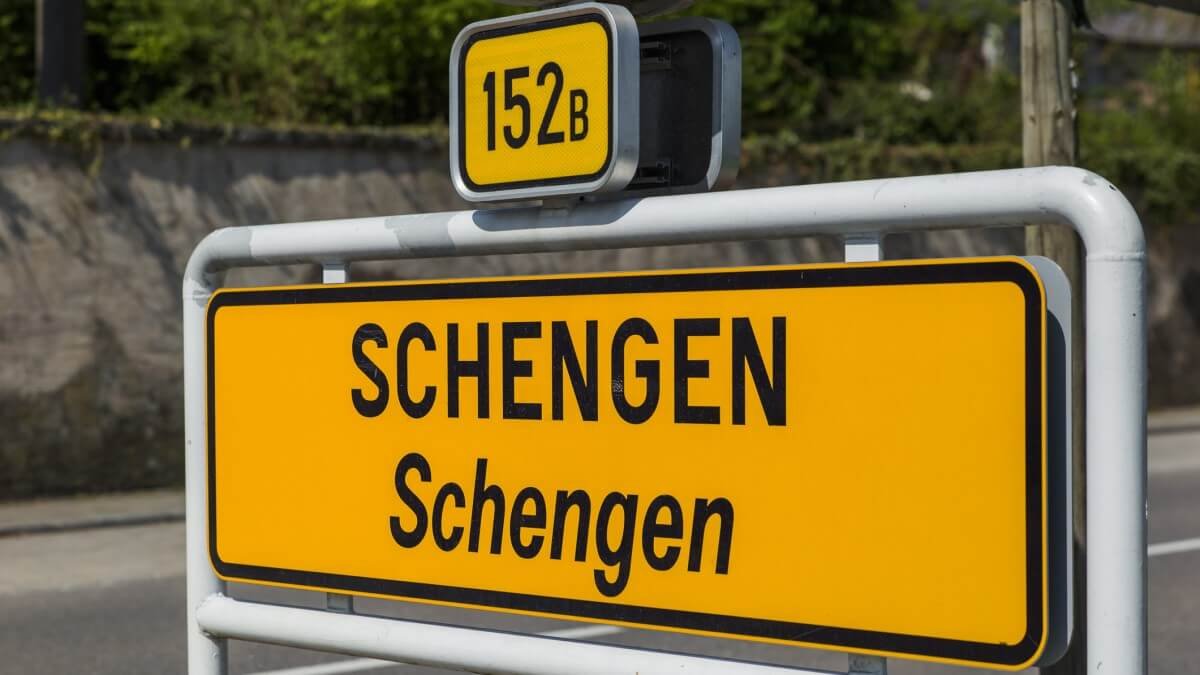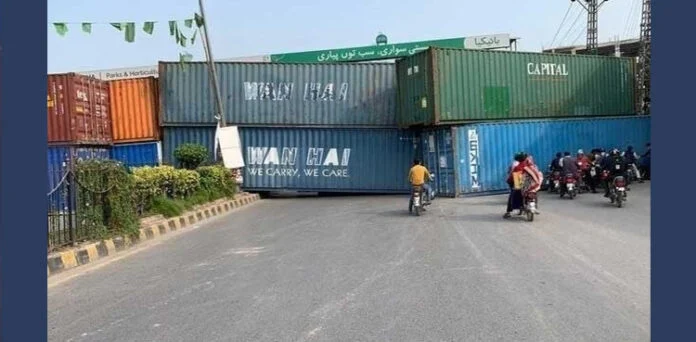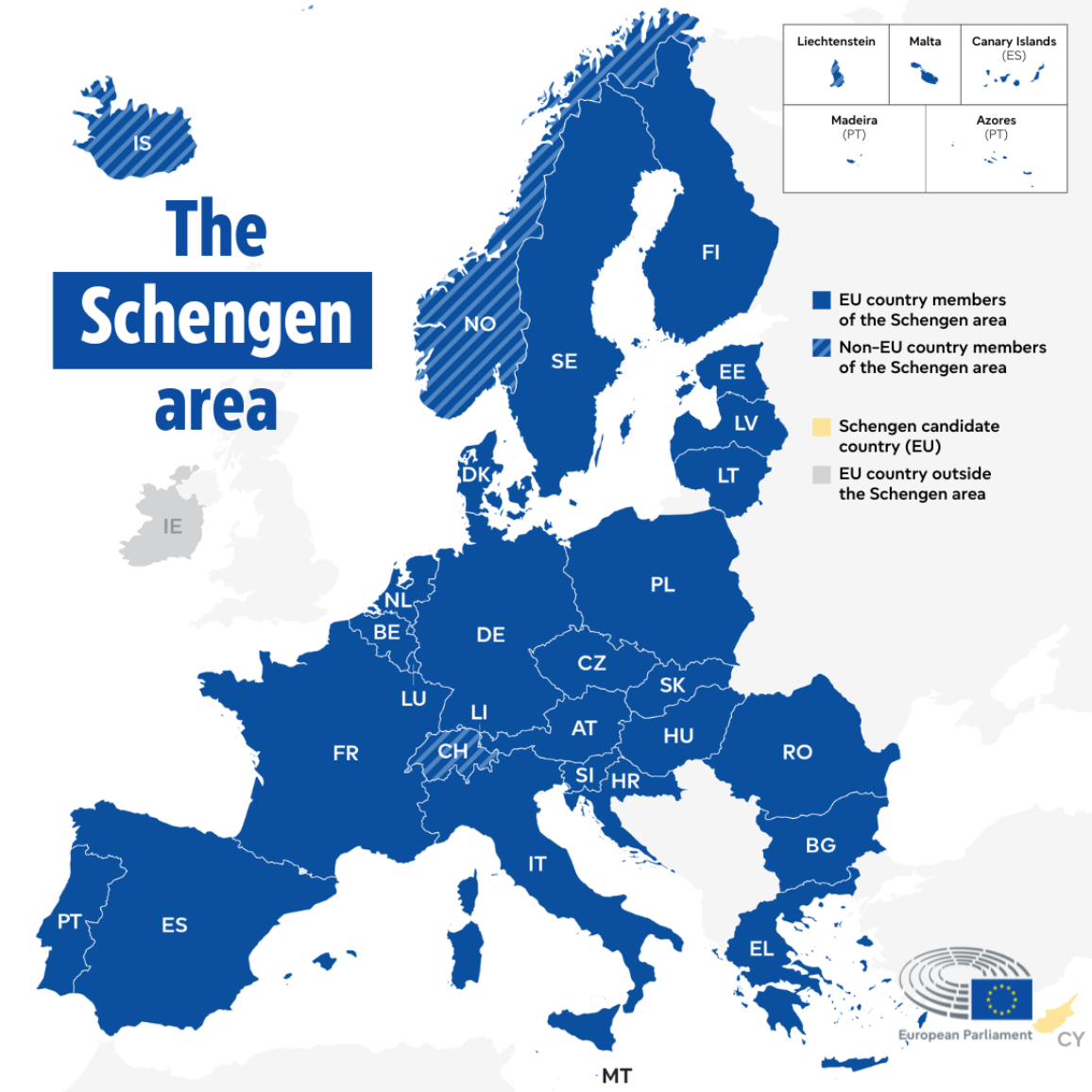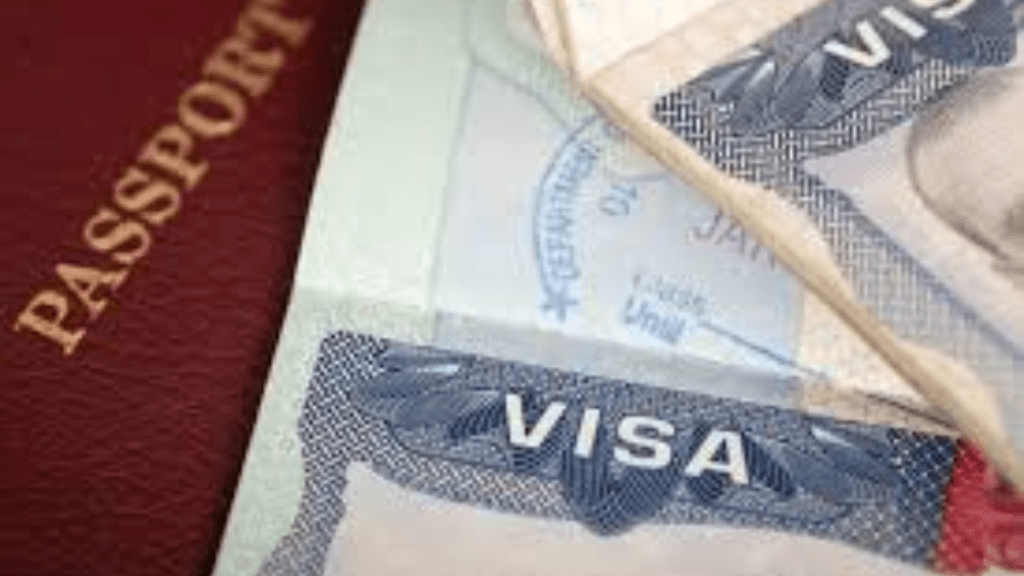
As of January 1, 2025, Romania and Bulgaria have officially joined the Schengen Zone, bringing the total number of countries in the EU’s borderless area to 29. This marks the end of a lengthy process that has spanned more than a decade, with both Balkan nations finally achieving full Schengen membership. The European Union ministers approved their accession during a meeting of the Justice and Home Affairs Council on December 12, 2024. While Romania and Bulgaria became part of the Schengen Zone by air and sea on March 31, 2024, their inclusion through land borders was still pending.
The road to full membership was paved after Austria lifted its veto, which had previously hindered Romania and Bulgaria’s accession. Despite both countries meeting the technical criteria for Schengen membership since 2012, Austria had consistently opposed their inclusion, citing concerns over irregular migration.
In March 2024, Austria agreed to allow the two countries into the Schengen Zone for air and sea travel, but land border access remained blocked due to continued migration concerns. However, in December 2024, Austria removed its objections regarding land border controls, allowing for full membership to be granted. Austrian Interior Minister Gerhard Karner confirmed the decision, stating, “After ‘Schengen Air,’ ‘Schengen Land’ is now open to Romania and Bulgaria.”
The move to full membership was also discussed in a November 2024 meeting between the interior ministers of Austria, Romania, and Bulgaria, hosted by Hungary, which held the presidency of the European Union Council at the time. Romanian Prime Minister Marcel Ciolacu announced after the meeting that the full membership would be finalized by the end of 2024.
However, the accession of Romania and Bulgaria comes with a specific condition. In accordance with an agreement made in Budapest, land border controls between Hungary and Romania, as well as between Romania and Bulgaria, will be introduced starting January 1, 2025, and will remain in place for at least six months to address security and public order concerns.




















